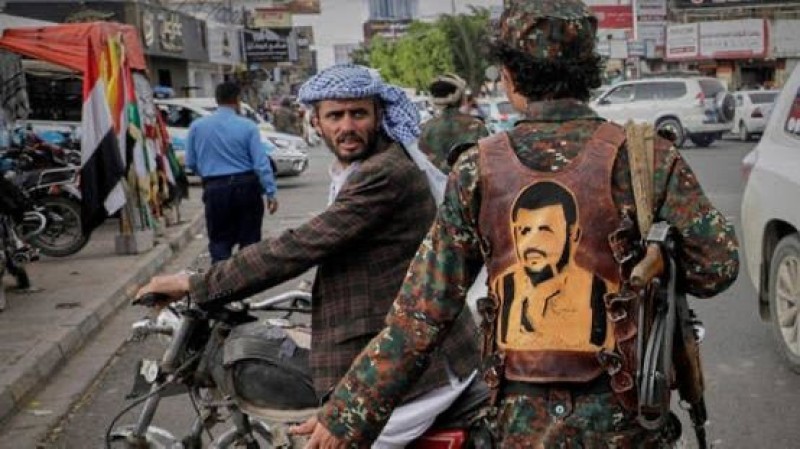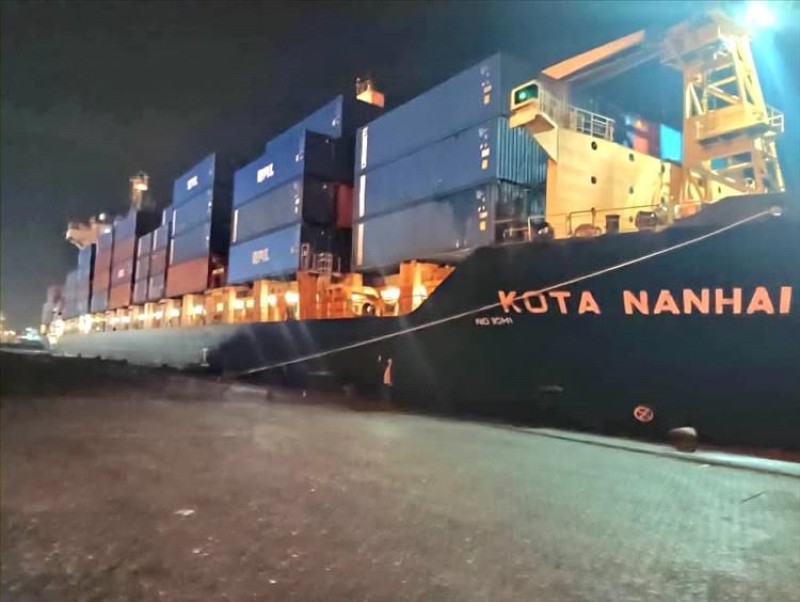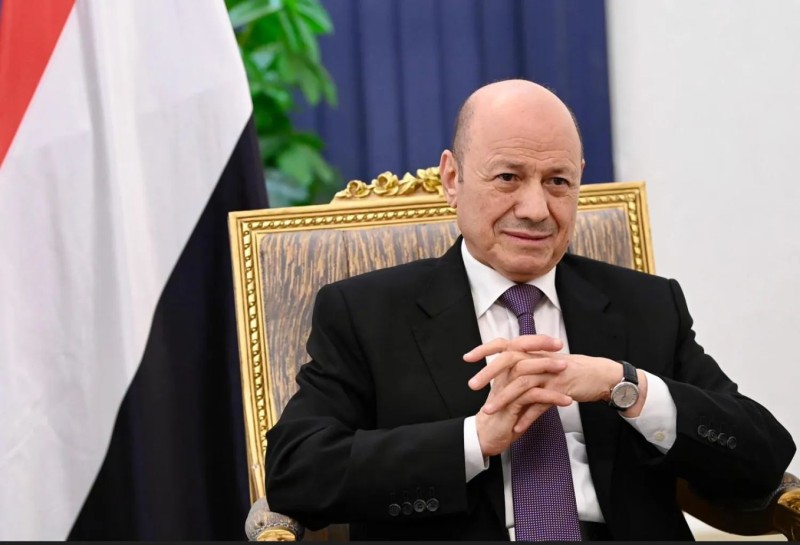UN succeeds in establishing joint cease-fire observation posts in Yemen's Hodeidah


The United Nations managed on Wednesday to complete the first phase of setting up joint frontline observation posts between the Yemeni government and the Houthi rebels in the Red Sea port city of Hodeidah.
Under direct supervision of the United Nations, the warring parties agreed to jointly establish five observation posts on the military frontlines in different areas of war-torn Hodeidah Province.
Abhijit Guha, head of the UN's cease-fire monitoring team in Hodeidah, along with representatives from the two-warring sides, closely supervised the establishment of the observation posts.
Both warring sides confirmed that the first phase of establishing cease-fire observation posts was completed in Hodeidah despite obstacles.
"After establishing the fourth cease-fire observation posts, today the fifth observation post was set up and it's the last step," said Wadah Dubaish, spokesman for the join pro-government forces in Hodeidah.
"All the observation posts were activated and started working by closely monitoring the cessation of military activities in Hodeidah," he told Xinhua.
"Around 16 military officers representing the government forces and the Houthis equally started their work at the observation posts in Hodeidah," the spokesman added.
Meanwhile, the Houthis-affiliated Masirah television network confirmed that the first phase of setting up cease-fire observation posts was completed in Hodeidah.
"We have done our part in establishing the joint cease-fire observation posts and now comes the role of the United Nations," the Houthi TV quoted a member of the rebels' team in Hodeidah.
According to Yemeni officials, the second phase of establishing cease-fire observation posts will be implemented on the frontlines of Hodeidah's countryside.
On Saturday, Guha, along with his assistants, began implementing the first phase of establishing cease-fire observation posts in Hodeidah.
Local residents told Xinhua that armed attacks between government forces and the Houthi rebels had declined following the deployment of observers.
Yemeni experts believe the deployment of joint cease-fire observers in Hodeidah came within the desire of both warring sides to stop military hostilities in the city.
Abdul-Salam Mohammed, head of the (Abaad) Center for Strategic Studies, explained that implementing the cease-fire agreement in Hodeidah has become "a common option" for both Houthis and the Yemeni government.
"For the Houthis, the cease-fire in Hodeidah will reduce their human costs as warplanes are easily targeting their fighters in coastal areas," he said.
"Also, Houthis exploit the Hodeidah cease-fire as an opportunity to shift their battles to border areas with Saudi Arabia," Abdul-Salam added.
Meanwhile, "the Saudi-led coalition believes the current military situation in Hodeidah is better than losing their previous achievements through setbacks that may occur during the resumption of fighting," he noted.
Martin Griffiths, the UN special envoy for Yemen, welcomed the establishment of the joint cease-fire observation posts by Yemeni parties along the frontlines of Hodeidah city.
"This is tangible progress toward the implementation of the Hodeidah agreement that will enhance de-escalation in flashpoint areas and contribute to saving lives," he said.
Hodeidah is the main Yemeni port city on the Red Sea and key lifeline entry of most Yemen's commercial imports and humanitarian aid.
The grinding war that has lasted more than four years has pushed over 20 million people to the verge of starvation.
The Iran-allied Houthi rebels control much of Hodeidah while the Saudi-backed government troops have advanced to the southeastern districts of the city.
The UN-sponsored cease-fire agreement reached in Stockholm in December 2018 was seen as the first phase toward achieving a comprehensive political solution to the civil war.

Sana’a – The occupied Yemeni capital Sana’a is witnessing mounting economic panic and a sharp collapse in the real estate market…

Aden – The vessel Kota Nanhai departed Al-Mualla Container Terminal at Aden Port this evening after completing the unloading of 457 standard…

Aden — Yemen’s Presidential Leadership Council Chairman Rashad al-Alimi held talks with Central Bank Governor Ahmed Ghalib to review th…